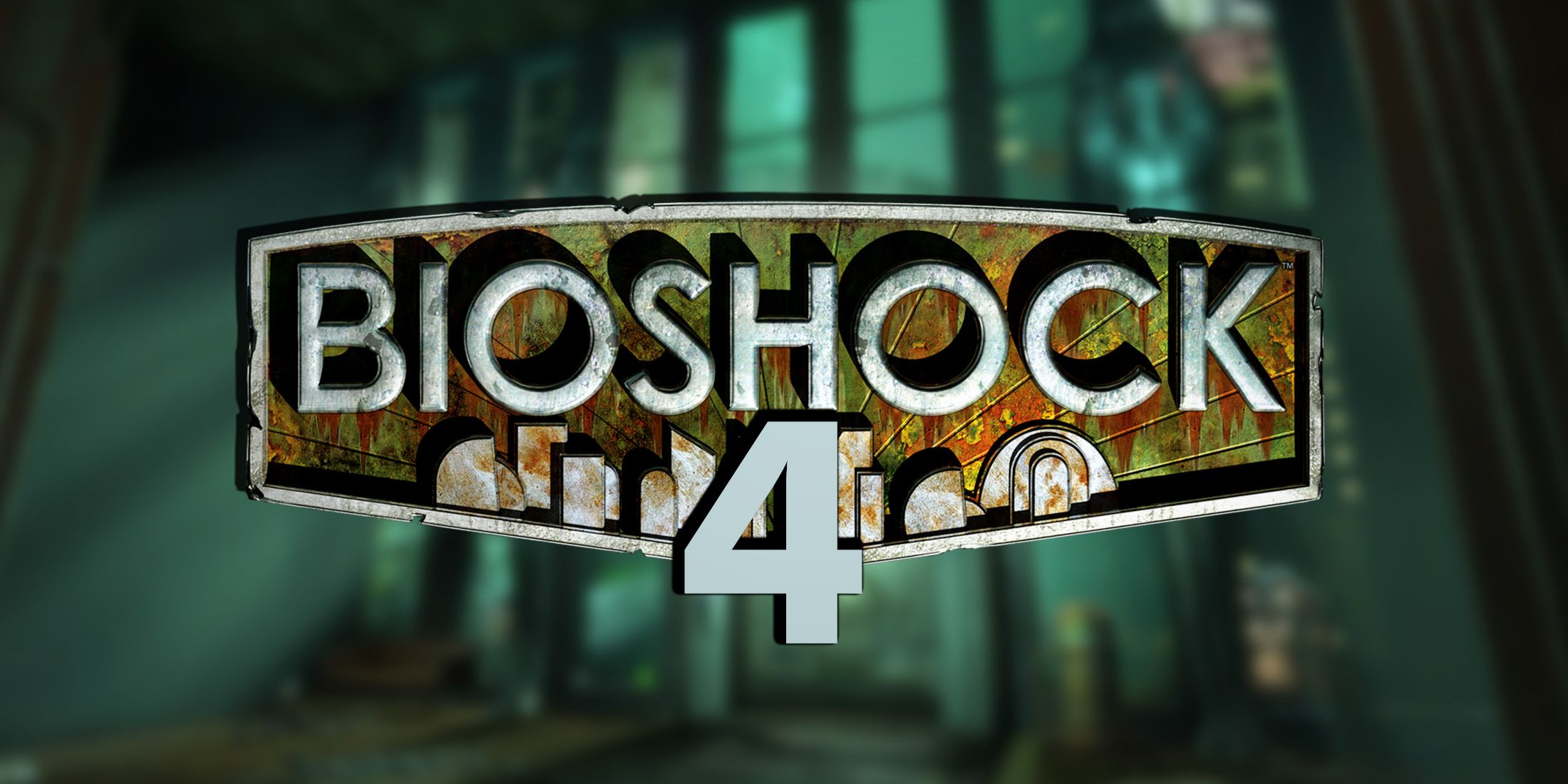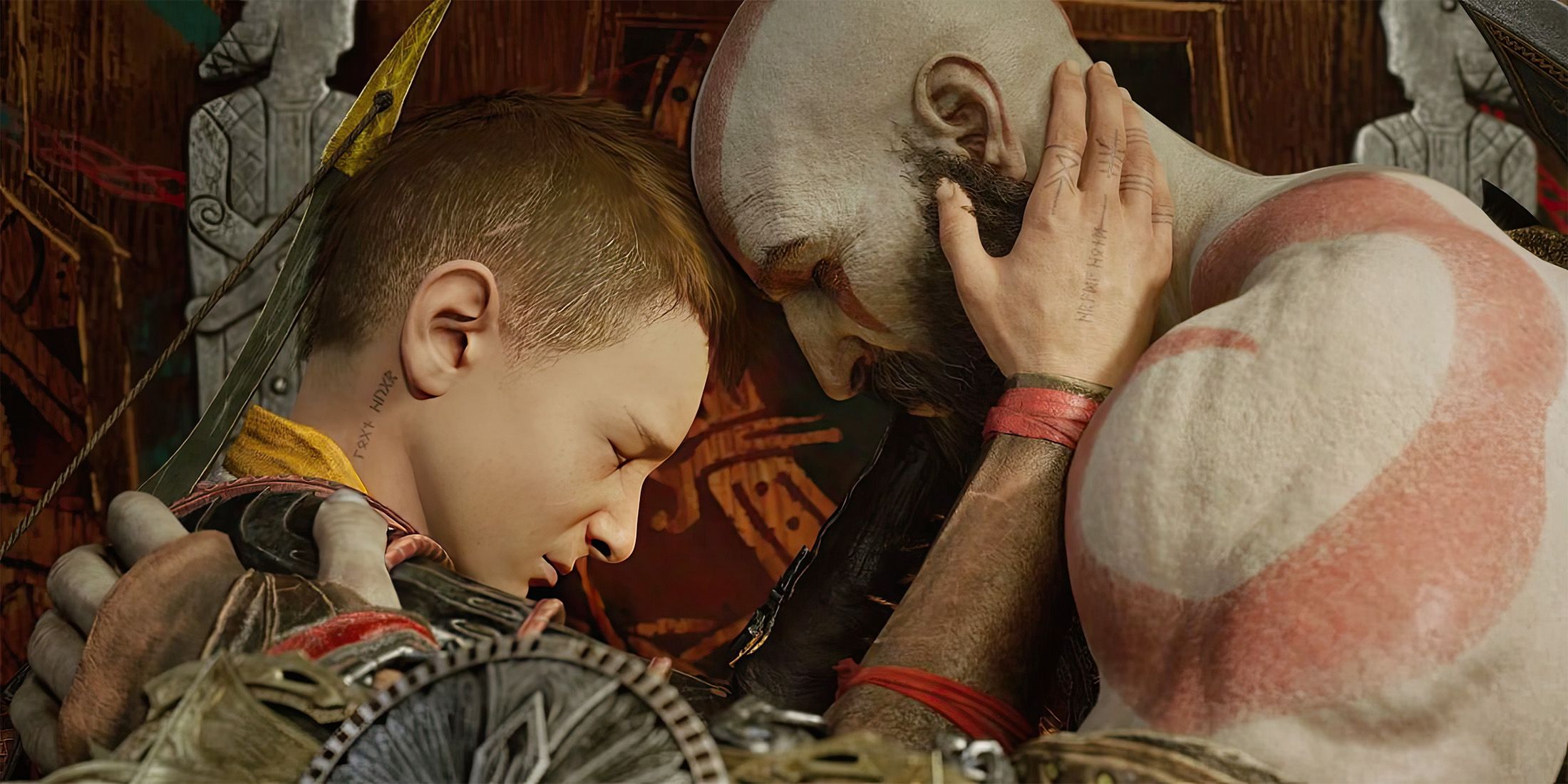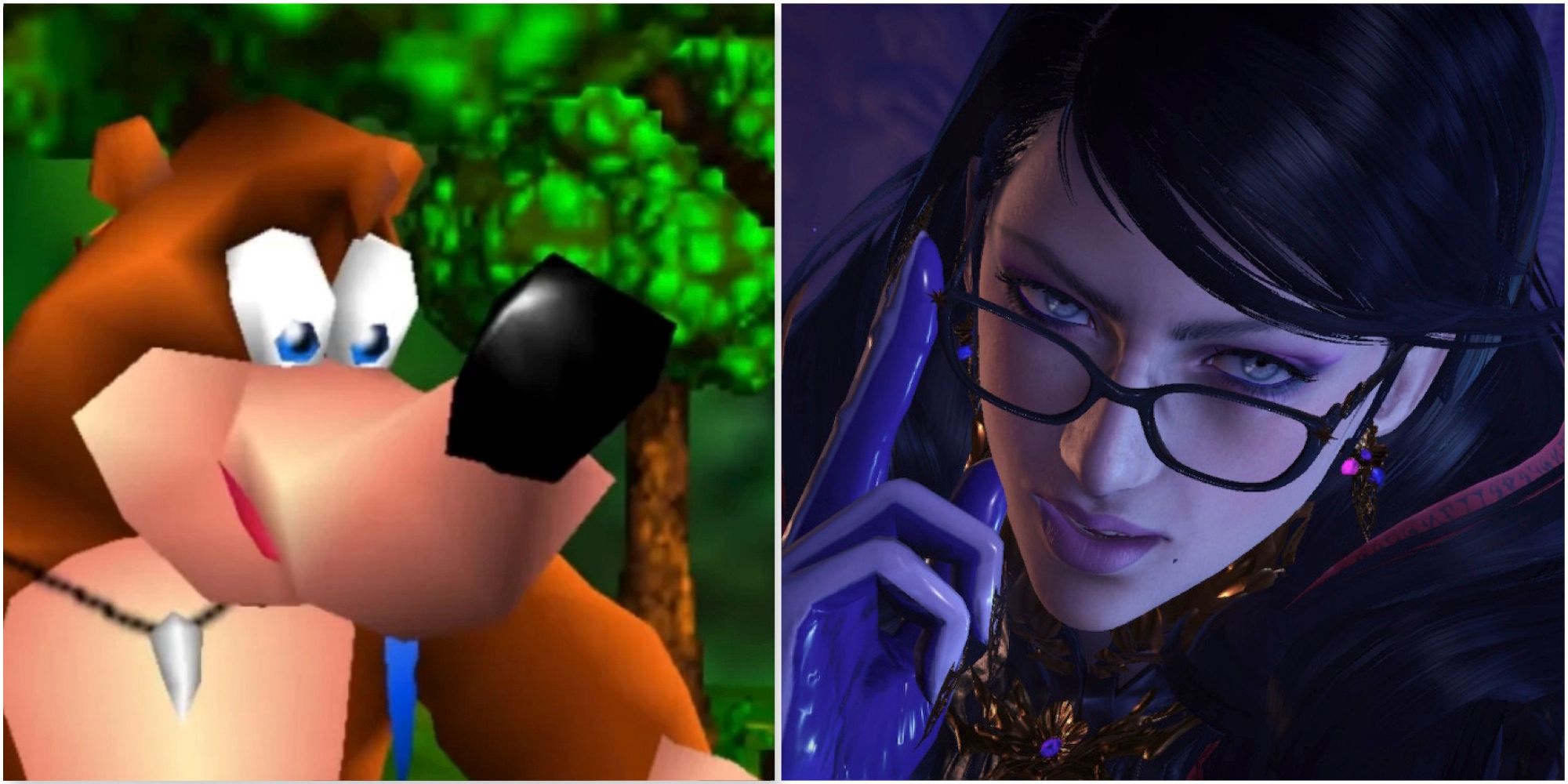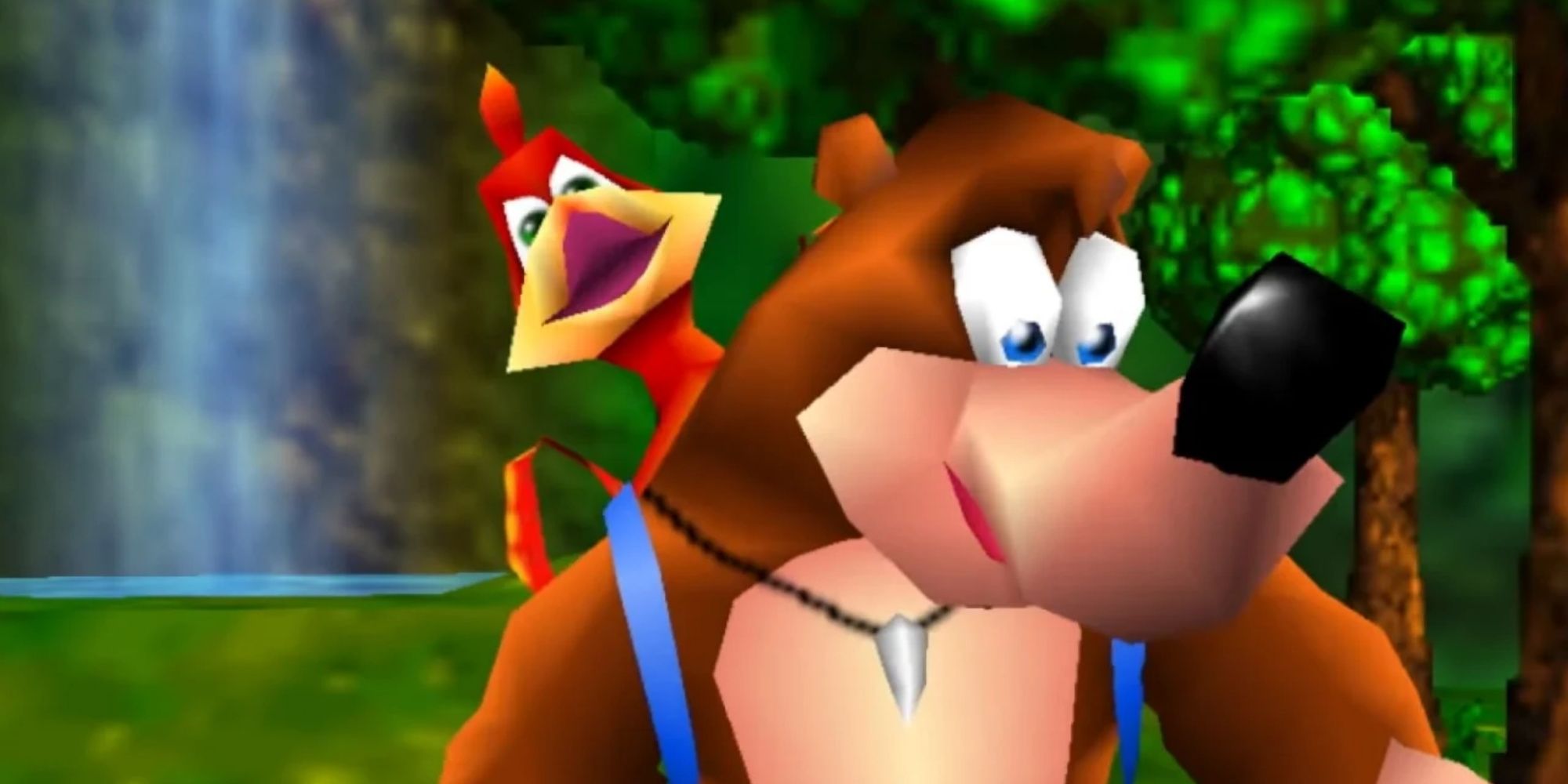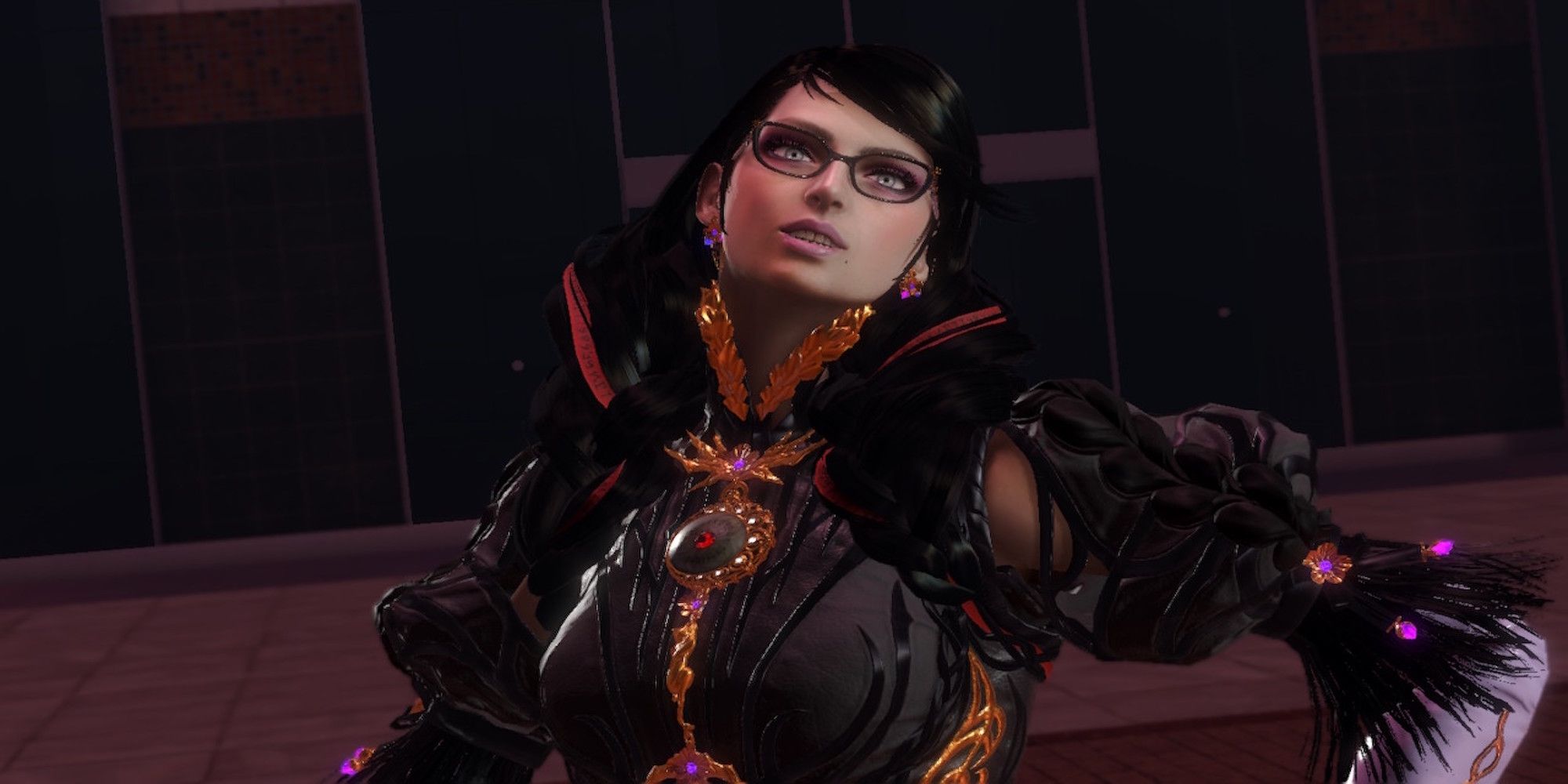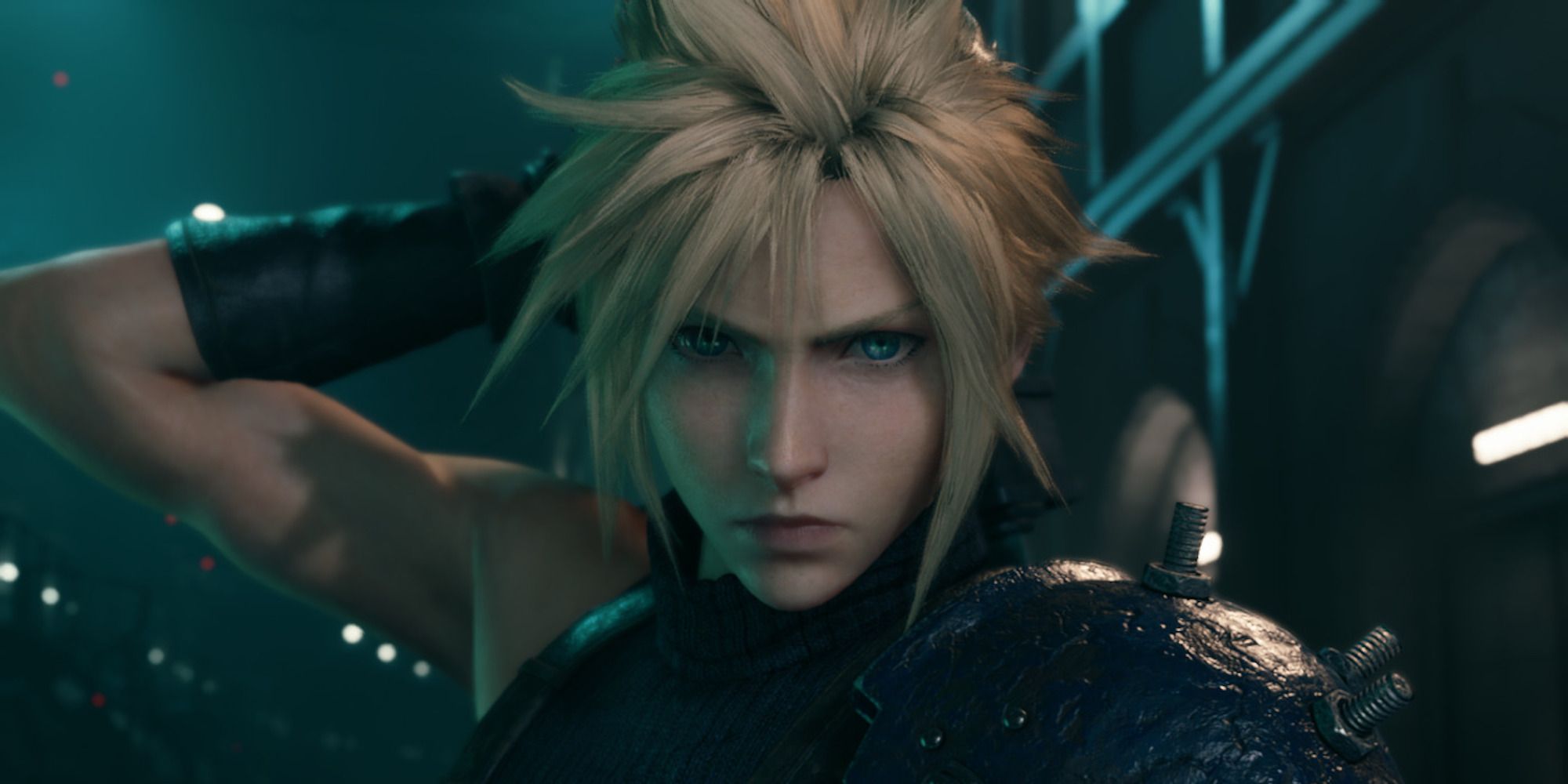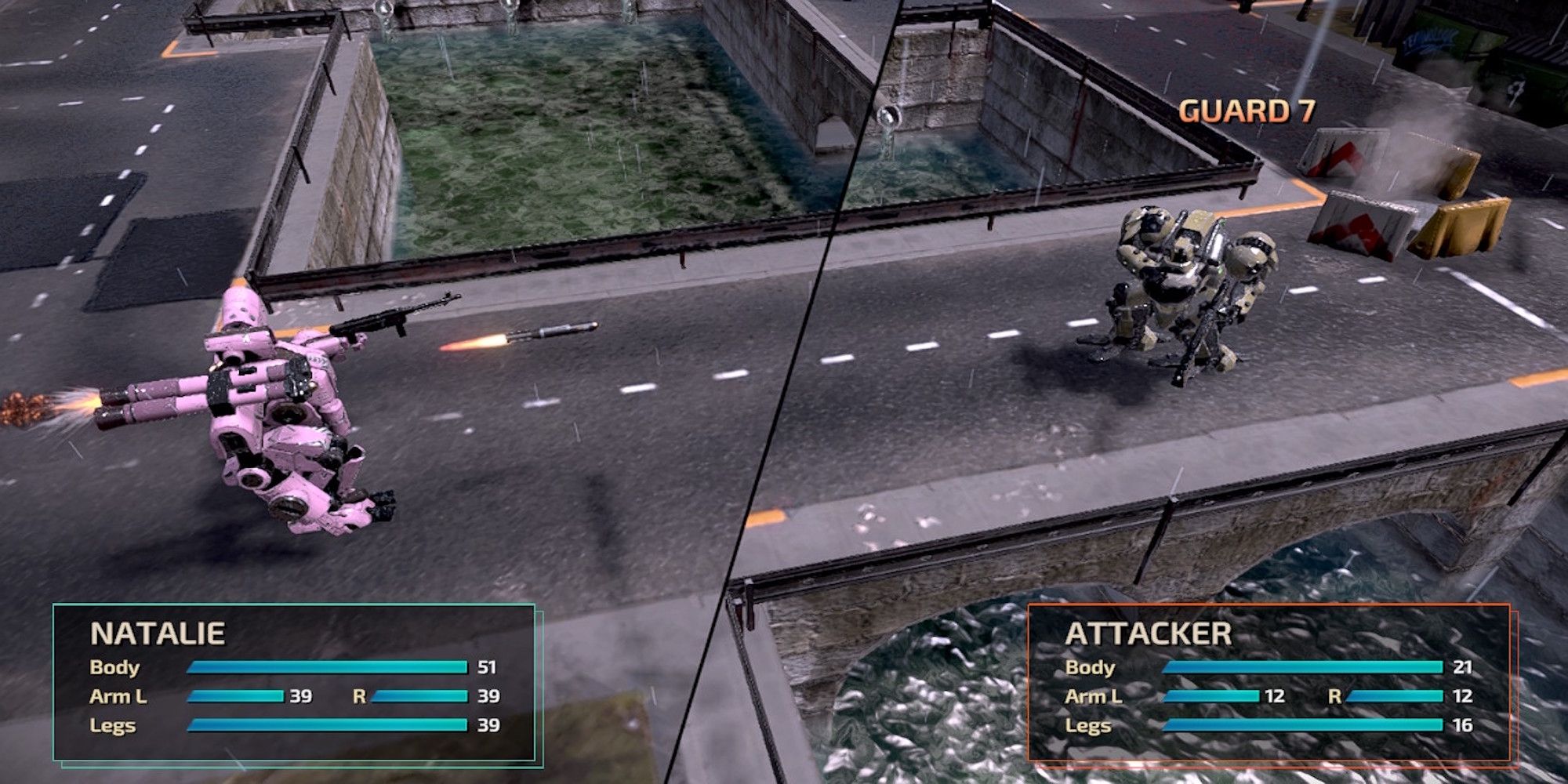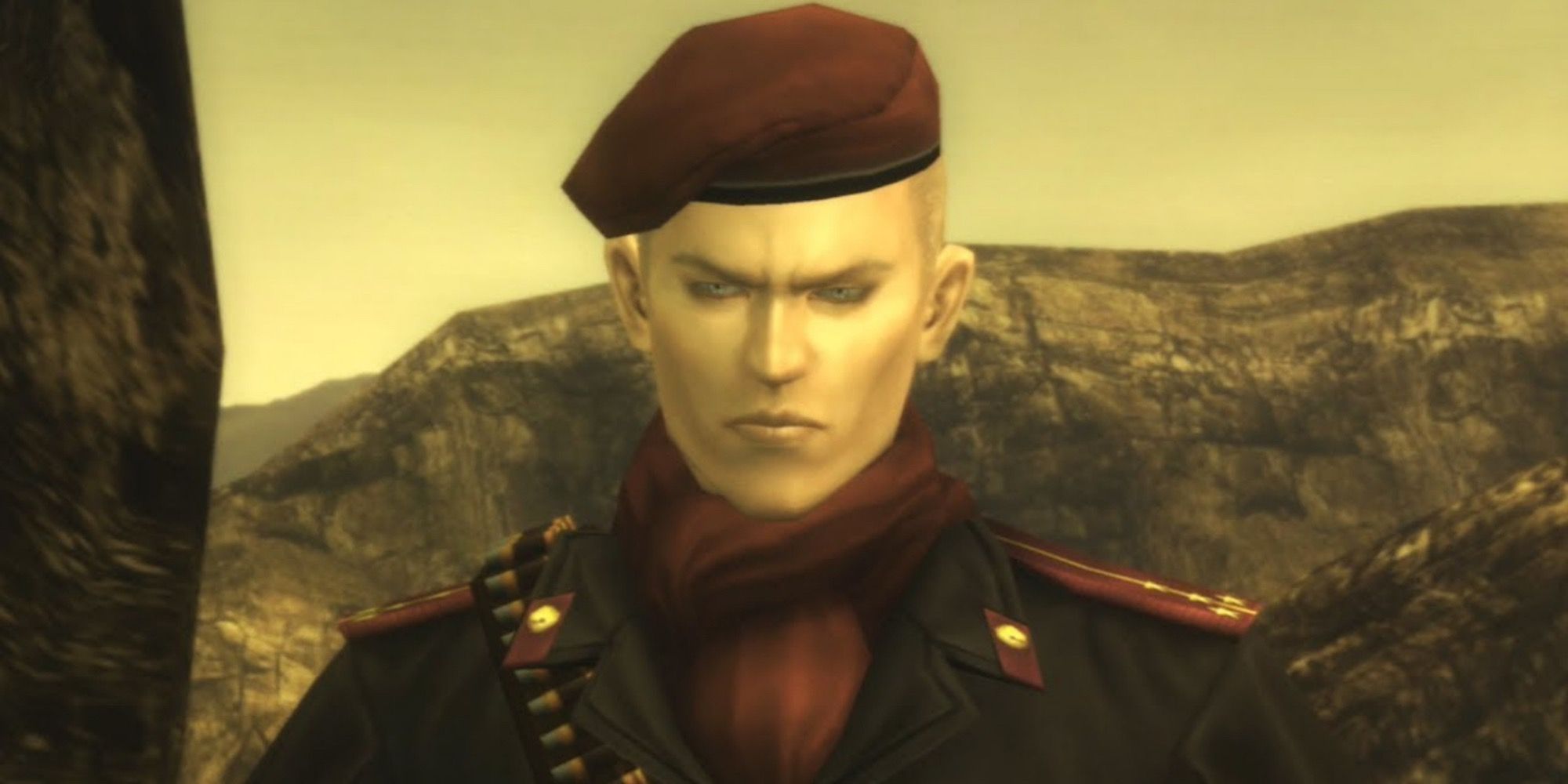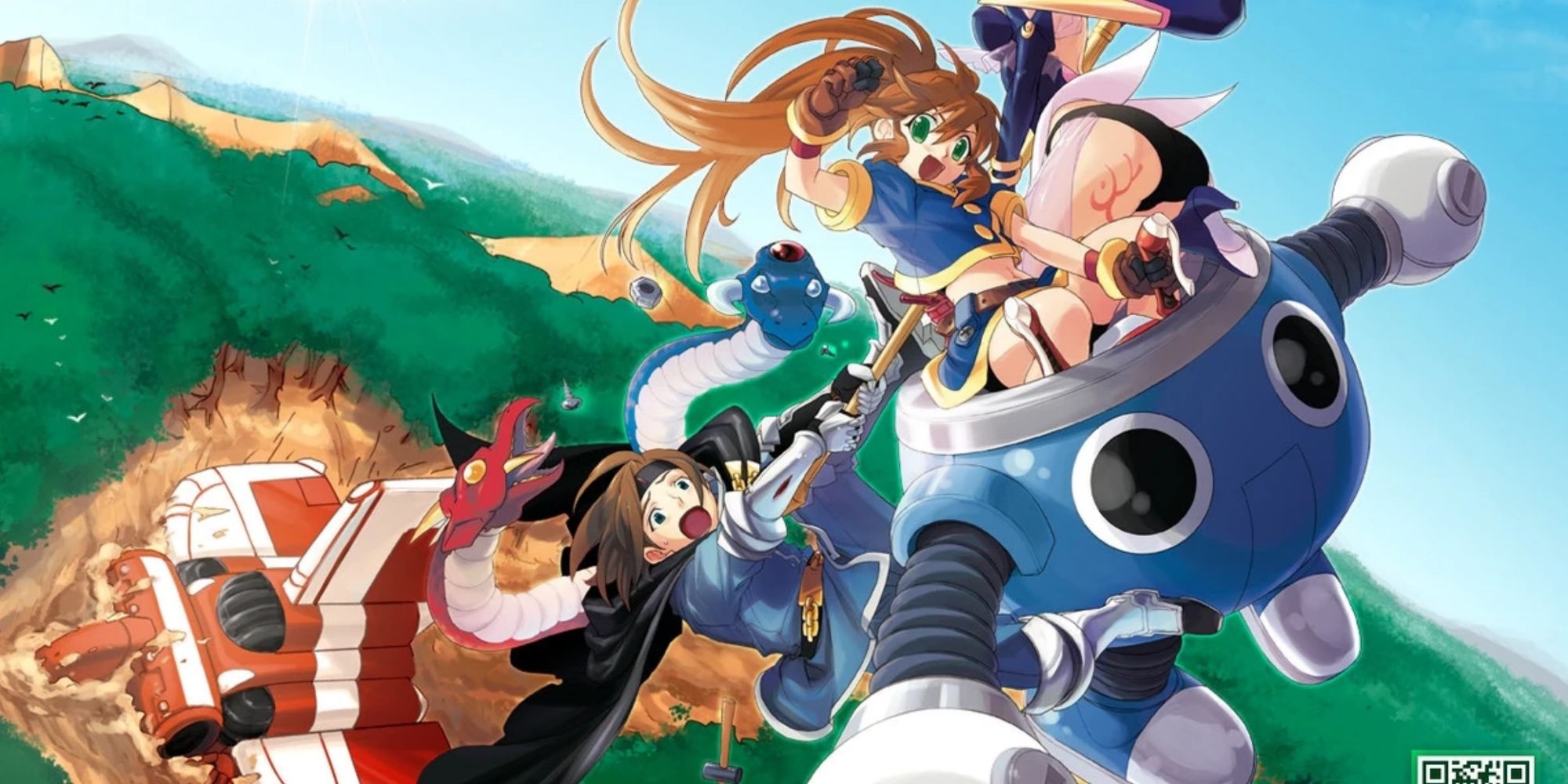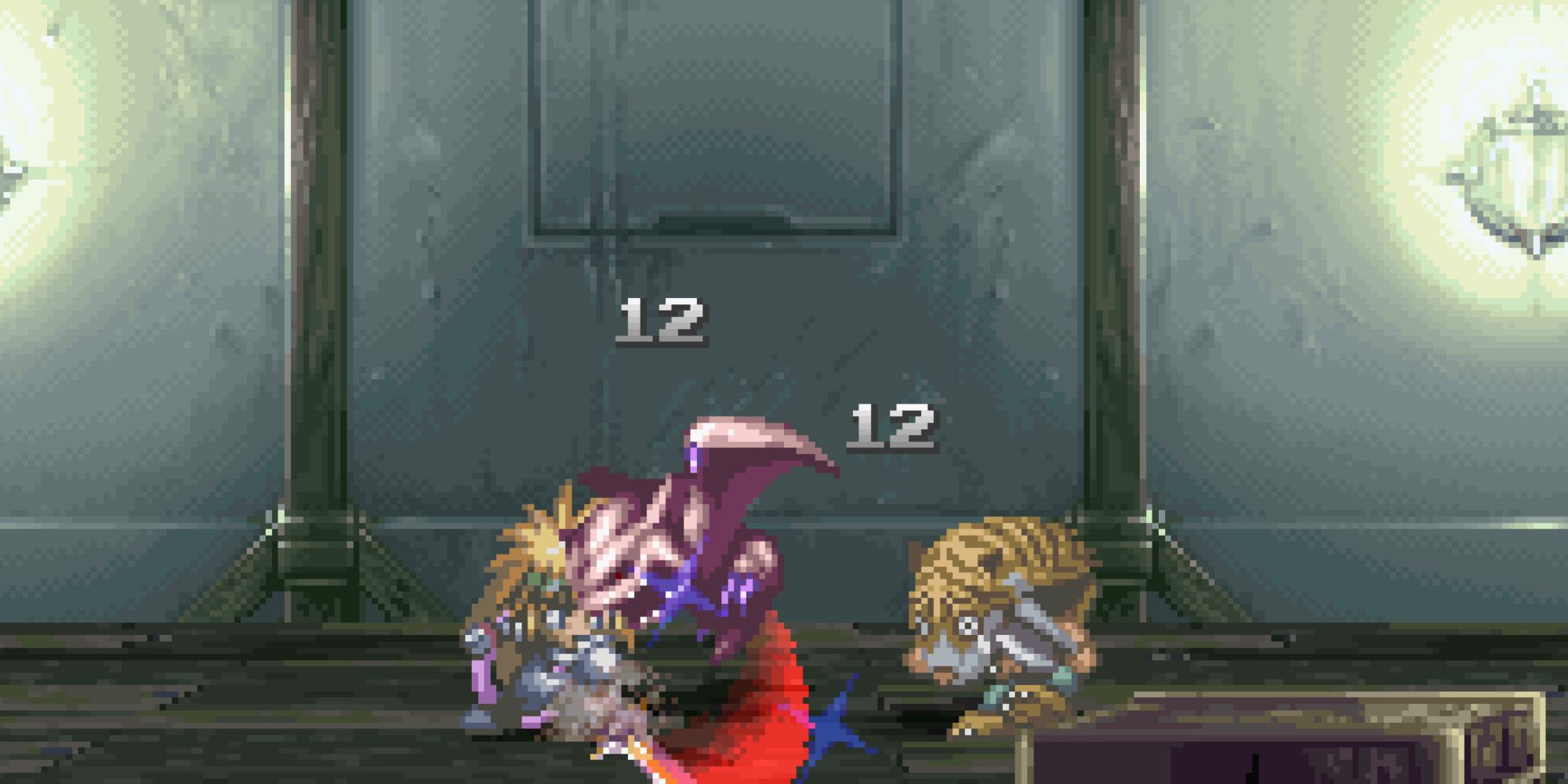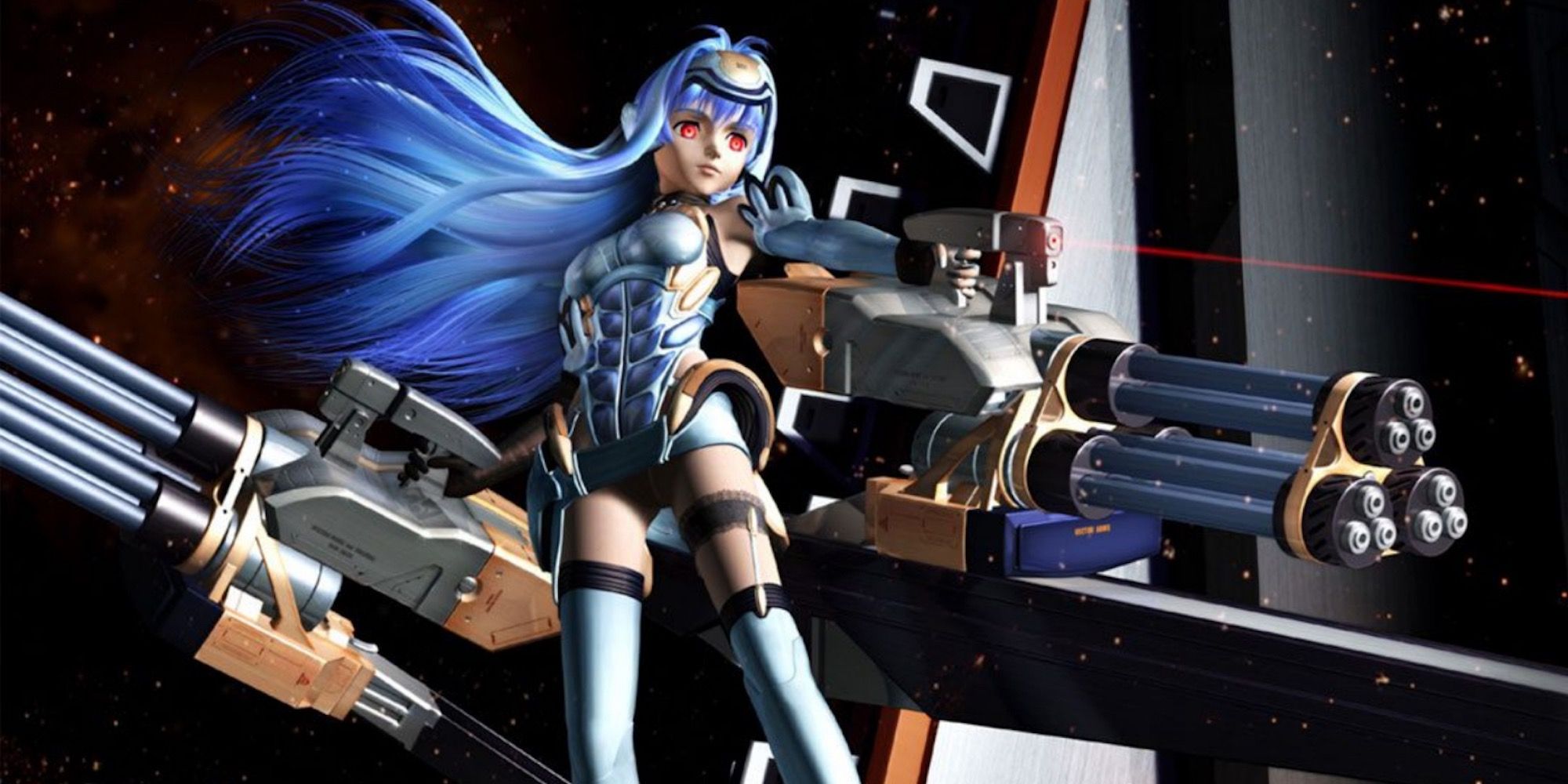Highlights
- Banjo-Kazooie switched from being a Nintendo exclusive to becoming an exclusive for Microsoft's Xbox consoles after Microsoft acquired Rare in 2002.
- Bayonetta started as a multiplatform series but became a Nintendo exclusive, with games like Bayonetta 2 and Bayonetta Origins: Cereza and the Lost Demon being released exclusively for Nintendo consoles.
- The Final Fantasy series initially had exclusivity with Nintendo, but switched to PlayStation after Sony's PS1 introduced the disc format. However, spinoffs like Final Fantasy Crystal Chronicles and Final Fantasy Tactics Advance still released on Nintendo platforms.
If there is one thing that fans of consoles love, it’s the word exclusive. It’s kind of like a double-edged sword, though, because Nintendo fans, for example, can like when a game becomes exclusive for their systems. However, they may riot when other systems, like Xbox or PlayStation consoles, get exclusives away from Nintendo.
This isn’t true for all gaming fans, but there are those hyper-involved individuals that see the console lineup as sort of a warzone. So, with that in mind, what were some of the biggest surprises for the series that switched sides? Did these switches last long, or was there a healthy balance between all of the consoles? It’s time to dig into a brief history of some well-known titles as well as some deep cuts.
8 Banjo-Kazooie
Banjo-Kazooie was one of Rare’s biggest games on the N64. There were two successful titles on the system and then Microsoft bought Rare in 2002, thus owning not only this franchise, but everything Rare owned internally. There were games in the works that were canceled for Nintendo systems but two made it through. Banjo-Pilot and Banjo-Kazooie: Grunty's Revenge both made it onto the Game Boy Advance after the merger. Microsoft would not get an exclusive game in the series until 2008’s Banjo-Kazooie: Nuts & Bolts on Xbox 360 and that is where the franchise stopped.
7 Bayonetta
Bayonetta didn’t begin as an exclusive series to one console. The first game launched on Xbox 360 and PS3 on the console side of things. After that, Bayonetta 2 went to Nintendo as a Wii U exclusive. The third game was exclusive to Nintendo via the Switch as well as this year’s prequel spinoff, Bayonetta Origins: Cereza and the Lost Demon. It’s quite remarkable that Nintendo would pick up this series as an exclusive in partnership with PlatinumGames since the content matter is mature. Bayonetta gets almost nude after using her hair magic a lot and she cusses like a sailor.
6 Final Fantasy
Final Fantasy was one of the best-known RPGs on the NES, SNES, and even Game Boy systems. Besides spinoffs, the first six games were exclusive to Nintendo initially. Sony’s decision to go the disc route on their first system, the PS1, is one of the reasons why Square Enix, Squaresoft at the time, decided to switch sides. Final Fantasy became a huge PlayStation franchise starting in 1997 with Final Fantasy 7.
Other platforms got titles in-between, namely the Japanese-only WonderSwan portable, but Nintendo was shut out. Finally, in 2003, Nintendo would get its first game in the series again via Final Fantasy Crystal Chronicles and Final Fantasy Tactics Advance. While the main games remain on and off for exclusivity, spinoffs at least keep the other platforms happy.
5 Front Mission
Front Mission was briefly a Nintendo exclusive as both the first game and its spinoff, Front Mission: Gun Hazard, were released on the SNES. Front Mission 2, Front Mission Alternative, and Front Mission 3 all went to the PS1 after that and primarily the series became largely associated with PlayStation. Spinoffs and remakes hit other consoles in the early 2000s, but the main games remained tight to Sony. It wouldn’t be until Front Mission Evolved in 2010 that the series would start to go multiplatform with some releases.
4 Metal Gear
Metal Gear began on Japanese computers, the MSX systems before receiving a port for the NES. In 1990, computer fans got the true sequel to the series that Hideo Kojima worked on, Metal Gear 2: Solid Snake, while NES players got an exclusive too via Snake’s Revenge. To Western fans who had no idea about the MSX, Metal Gear was a Nintendo franchise. That is until 1998 wherein Sony snatched up Metal Gear Solid. Pardon the pun, but there was never a solid lead for the series on PlayStation. The main games were timed exclusives after this but they did hit other consoles via ports or remakes. It’s a bit of a stretch to put the series on here, but it’s hard to ignore such a huge, storied franchise like this.
3 Star Ocean
Star Ocean is another example of a limited exclusive for Nintendo as the first game was on SNES. Then there was sort of a trade-off as Star Ocean: The Second Story was on PS1, Star Ocean: Blue Sphere was on Game Boy Color, and Star Ocean: Till the End of Time was on PS2.
The first two games got remakes on PSP and Star Ocean: The Last Hope received limited exclusivity on Xbox 360. Star Ocean: Integrity and Faithlessness was exclusive to PS3 and PS4 and the last game, Star Ocean: The Divine Force, finally went multiplatform at launch.
2 Tales
The Tales series has almost the same release story as Star Ocean and bounced around between Nintendo and PlayStation consoles. Tales of Phantasia was on the SNES and then the next three entries, starting with Tales of Destiny, were exclusive to PlayStation consoles. Tales of Symphonia saw a limited return to Nintendo via the GameCube before PlayStation got three more games starting with Tales of Rebirth.
Tales of Tempest and Tales of Innocence were DS exclusives and for the first time, Microsoft got a game via Tales of Vesperia on Xbox 360. By this point, you get the picture and even though the series is largely multiplatform now, Sony has enjoyed most of the exclusive rights.
1 Xeno
Xenogears was a Squaresoft game on PS1 and after that, some of the team left to create Monolith Soft. They made the spiritual successor series, Xenosaga, for the PS2. It was planned as a six-part story but it was whittled down to three games. Bandai Namco owned the rights, preventing them from going forward themselves, so Monolith Soft once again made another successor series via Xenoblade Chronicles. This is when things switched gears to Nintendo via the Wii, Wii U, and Switch for four games now. It should be noted that the first two Xenosaga games got a Japanese exclusive DS demake simply called Xenosaga 1 & 2 right before Xenosaga Episode 3 was released in 2006. This is probably where the ties with Nintendo were starting to form.


